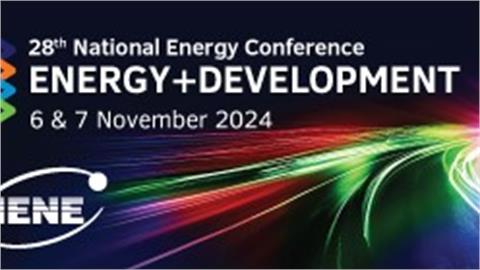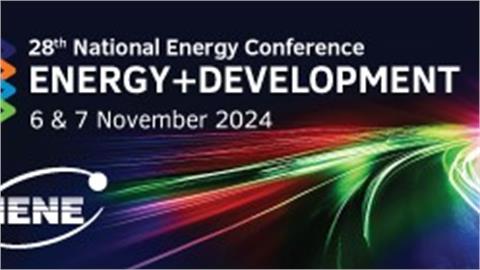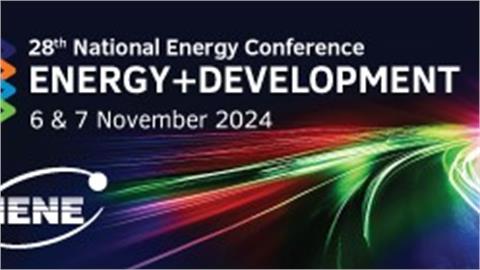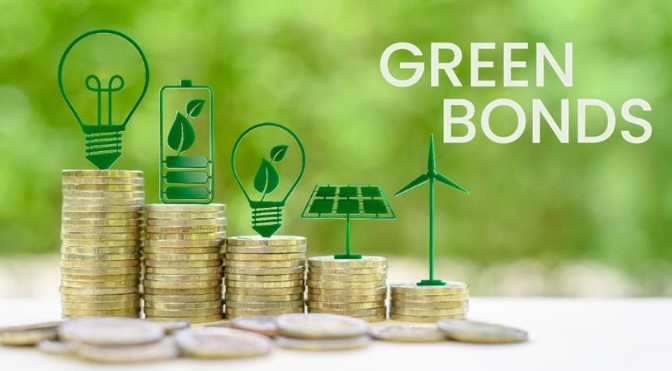Early in September IENE concluded a major study which the Institute, at its own initiative, undertook in January this year with the express purpose of proposing a realistic "Strategy for Unlocking Greece’s Hydrocarbon Potential”
Early in September IENE concluded a major study which the Institute, at its own initiative, undertook in January this year with the express purpose of proposing a realistic "Strategy for Unlocking Greece’s Hydrocarbon Potential”. The study is co-authored by Costis Stambolis, IENE’s Executive Director, Dr. Konstantinos Nikolaou, Petroleum Geologist, and Gas Papamichalopoulos, Senior Partner at KG Law Firm in Athens.
This 112 page study includes 13 chapters and covers Greece’s existing oil and gas infrastructure, an overview of Greece’s hydrocarbon resources, the current concessions and their development prospects, the legal framework, the international licensing rounds, the East Mediterranean and the Cyprus connection, the non-technical obstacles for hydrocarbon exploration and production, the estimated hydrocarbon potential of Greece and recommendations for a strategy for developing the country’s hydrocarbon resources.
As the IENE study shows from extensive exploration and research work conducted over the last 40-50 years Greece holds some promising oil and gas resources. Some of them are well defined while others need additional exploration in order to improve their potentiality. Only a small amount of hydrocarbon reserves are proven (less than 60.0 mbo) while the total prospective and contingent resources of the country amount to approximately one (1) billion of STB of oil.
According to the IENE study current oil production from the Prinos oil field is minimal at 2.000 bb/d while this reservoir, which has been in operation since 1981, has yielded so far 116.0 million barrels of oil. A long term investment plan already in place by the field’s operator (Energean Oil & Gas) aims at exploiting further the Prinos reservoir and surrounding secondary fields and increase production to 10.000 bb/d by 2016/2017.
Interest for the exploitation of the country’s hydrocarbon reserves resurfaced only five years ago and since then successive governments made a determined effort to restart the exploration process. Already new concession areas in Western Greece have been awarded to two oil groups with additional ones to be awarded later this year and an international licensing round (in progress) was launched in October 2014.A common aspiration by government, industry and professionals is to gradually increase oil and gas production and so lessen somewhat the country’s huge oil import dependence which today stands at 99.5%.
In view of Greece’s attempted restart of oil and gas exploration and the strong interest expressed so far by international companies active in the East Mediterranean, (Israel) and emerging opportunities for investment in the region’s hydrocarbon sector, it is becoming increasingly important to establish a long term national strategy for unlocking Greece’s not so insignificant petroleum potential.
IENE proposes a ten (10) point "Strategy for Success” with the following four premises underpinning this strategy:
a. The need to further expand our knowledge and understanding of the country’s hydrocarbon resources and further assess its overall petroleum potential
b. The need to increase the country’s proven hydrocarbon reserves
c. The opening up of new exploration areas opting for quicker type procedures alongside with international licensing rounds (i.e. Expression of Interest, Open Door)
d. Develop public awareness for oil and gas exploration
IENE Study Project (M25) on "A Strategy for Unlocking Greece’s Hydrocarbon Potential” is available in the Members Area of www.iene.eu and www.iene.gr .The Executive Summary of the Study is fully accessible on the "Reports” section of www.iene.eu



